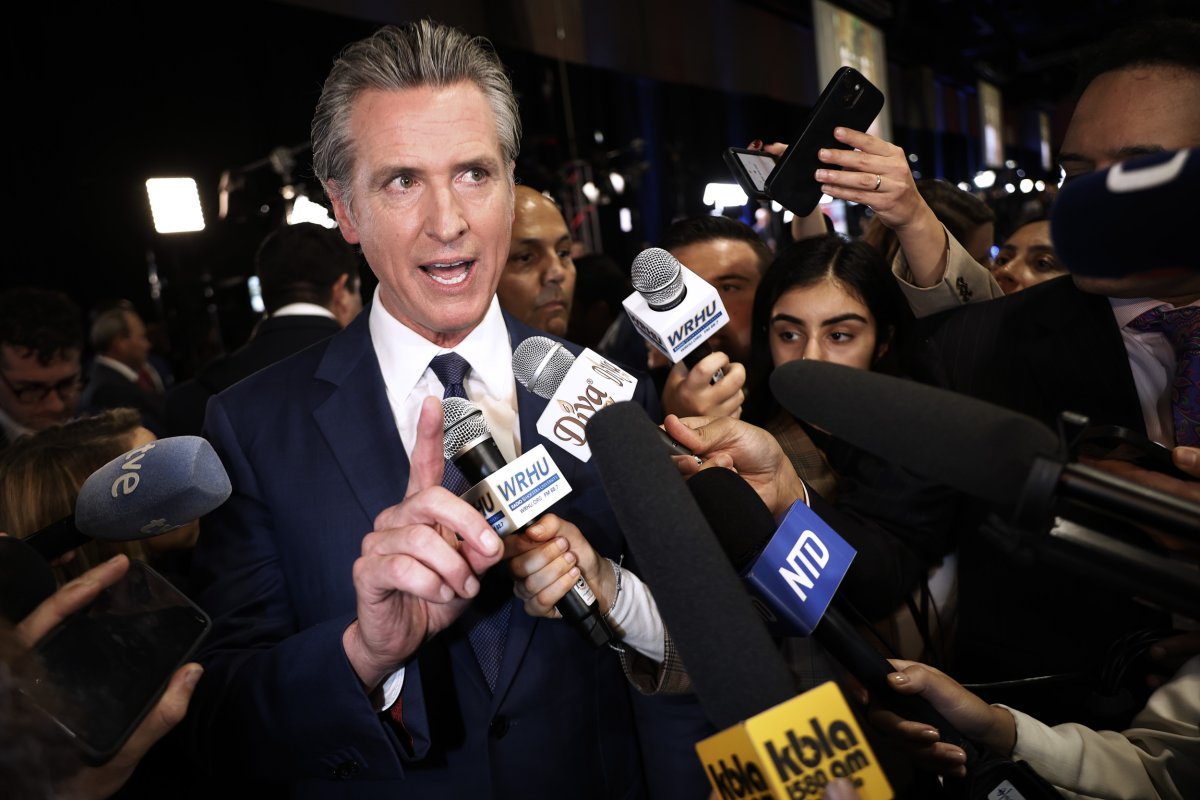
Following the continued arrest and detention of journalists and other Nigerians, lawyers and stakeholders have in unison called for the amendment of Cyber Crime Act 2015 to protect the freedom of the press in Nigeria. The is premised on the incessant arrest and detention of journalists by the Police on ground of breaching the act through their reports. Over 20 journalists and other Nigerians have been arrested in the last one year under the Act.
Recall that the Cybercrimes (Prohibition and Prevention) Act was signed into law on the 15th of May 2015 by then-President Goodluck Ebele Jonathan at the twilight of his administration. The law was enacted based on the understanding that threats to information and communication technology were a danger to Nigeria’s national security, affecting the country’s “economic, political, and social fabric”. Cybercrimes include crimes that have been made possible by computers, such as network intrusions and the dissemination of computer viruses, as well as computer-based variations of existing crimes, such as identity theft, stalking, bullying and terrorism.

Section 24 of the Cybercrime Act, 2015 had criminalised ‘cyberstalking’, ”insult’, ‘causing annoyance’, ‘sending offensive messages’, and ‘criminal intimidation’ ”insult’, ‘causing annoyance’, ‘sending offensive messages’, and ‘criminal intimidation’. Specifically, section 24 provided as follows: “(a) Any person who, knowingly or intentionally sends a message or other matter by means of computer systems or network that (a) is grossly offensive, pornographic or of an indecent, obscene, or menacing character or causes any such message or matter to be so sent; or (b) He knows to be false for the purpose of causing annoyance, inconvenience, danger, obstruction, insult, injury, criminal intimidation, enmity, hatred, ill will or needless anxiety to another or causes such a message to be sent: commits an offence under this Act and shall be liable on conviction to a fine of not more than N7,000, 000.00 or imprisonment for a term of not more than 3 years or to both such fine and imprisonment.
” But legal luminaries now argue that the law negates provisions of Section 39 of the 1999 Constitution of Nigeria which guarantees freedom of expression and of the press. Apart from this, Section 22 of the same constitution also places on the press with the responsibility of holding the government and people to account at all times. Since assuming office in 2023, however, President Bola Tinubu’s government has, through its various security agents, chosen not to respect the rights of journalists.
In 2022, the ECOWAS Court of Justice ordered the Nigerian government to amend the controversial Section 24 of its cybercrime law, which is widely viewed as authorities’ weapon for muzzling citizens’ rights to freedom of expression. The court gave the decision on March 25, 2022 in Accra, Ghana, a statement by the court’s information unit stated on Monday. In the decision, the court ruled that the contested section 24 of Nigeria’s Cybercrime (Prohibition, Prevention, etc) Act, 2015 “is not in conformity with Articles 9 of the African Charter on Human and Peoples’ Rights (ACHPR) and the International Covenant on Civil and Political Rights (ICCPR).
” Reacting to this , Human rights lawyer, Femi Falana, SAN said: ‘It has become illegal to arrest journalists for cyberstalking, insult, causing annoyance, offensive message and criminal intimidation reiterating that; “the Economic Community of West Africa States, ECOWAS, Court declared section 24 of the Cybercrime Act 2015 illegal and directed the Federal Government to amend the section to make the law conform with the fundamental right of Nigerian citizens to freedom of expression guaranteed by section 39 of the Constitution of the Federal Republic of Nigeria,1999 and article 9 of the African Charter on Human and Peoples Rights (Ratification and Enforcement) Act, Laws of the Federation of Nigeria 2004.’ Read more on Pages 13 and 19.










